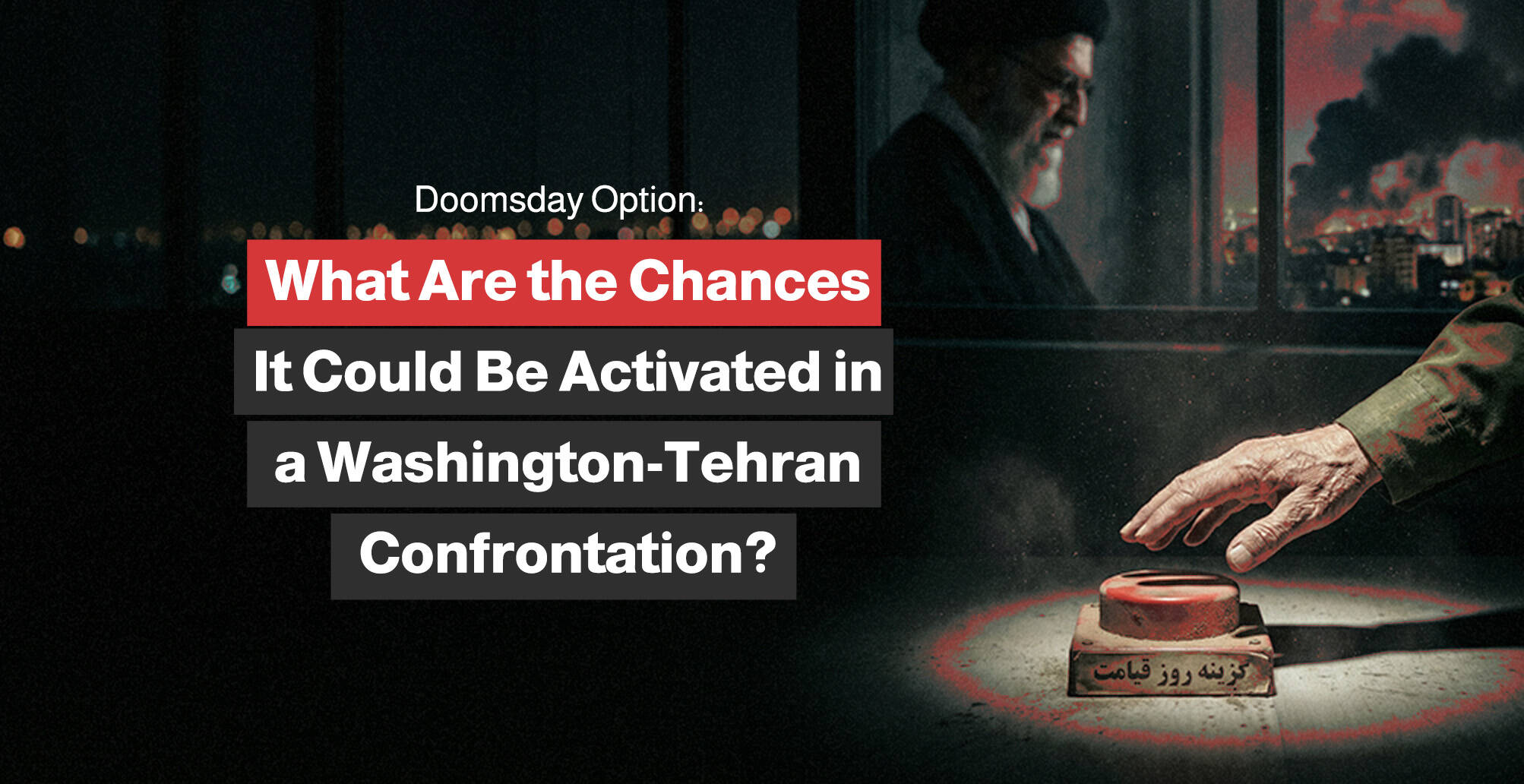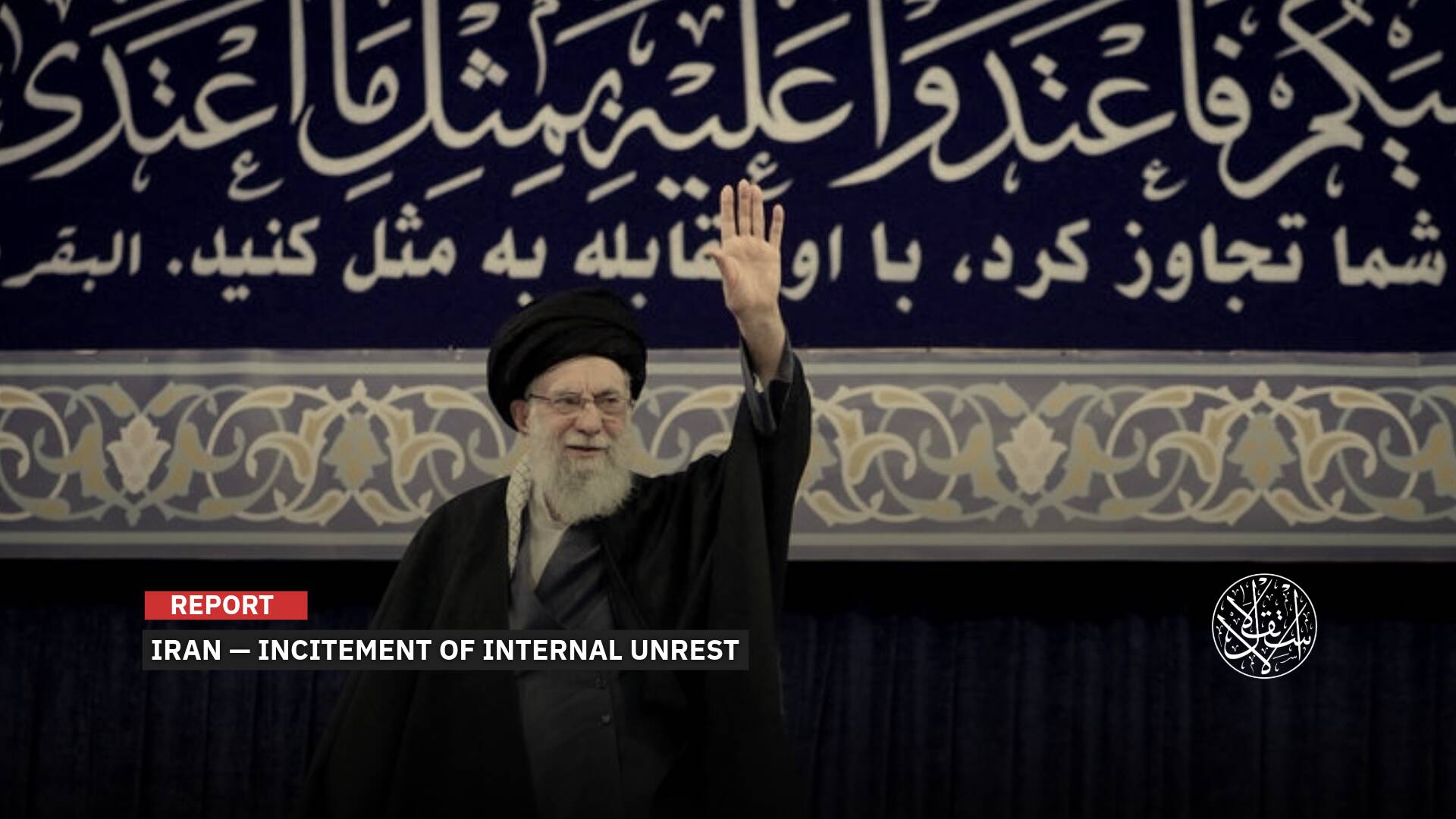What Is the Impact of Classifying Arabs as a Special Racial Category in America?

A bill allowing Arabs to be an ethnic group is close to being approved in the United States after it passed the approval of the House of Representatives in Congress.
According to the American CBS network, in a report on March 24, 2023, Bill No. 3768 was passed in the House of Representatives with overwhelming support.
The new legislation will need to pass and be approved by the Senate before it can become law.
If passed, the bill would add a MENA category to the Unified Racial Classification Act, change the government’s definition of White, and would no longer include people of Middle Eastern and North African origin.
Currently, the United States classifies people of Middle Eastern and North African origin as White, although many do not identify as White.
The Middle East and North Africa section includes 19 subcategories, including Palestinian, Israeli, Turkish, Lebanese, Syrian, Algerian, and several others.
Racial Classifications
In January 2023, the Biden administration proposed making amendments to the upcoming U.S. census, adding a category for residents of the Middle East and North Africa.
This census, which is conducted every 10 years, identifies the population of the United States and details its demographic characteristics.
On March 23, 2023, Congress passed a bill creating a special racial category for people who identify as Arab and those who identify as Middle Eastern or North African and is on its way to becoming law in the states, according to media reports.
The amended law states that U.S. government agencies must use the Middle East and North Africa region, besides the existing classifications, which are: White, Black, African, American Indian, Alaska Native, Asian, Native Hawaiian, or others.
The two new classifications are the Middle East and North Africa (for short: MENA) representing a broader concept than the two classifications: Arab as ethnicity or Muslim as religion.
The new classifications include anyone from the region in the world that stretches from Morocco to Iran, as well as Coptic Christians, Israeli Jews, and other religious minorities.
Arabs and people of Arab descent in the United States face the dilemma of determining their race in American transactions and statistics that provide limited options such as Whites, which are limited to people of European origin, Africans, and other groups.
The bill was introduced last February after an investigation by the CBS 2 network revealed that federal and local governments neglected to collect data on this group, causing significant neglect of the need for Arabs for medical resources.
CBS 2 found that it had a big impact during the COVID-19 pandemic, when Arab Americans were dying at high rates in Illinois.
Social service organizations and non-profit organizations serving the community said they had to rely on word-of-mouth due to the lack of documented data that would help in obtaining timely funding for medical resources to help the Arab majority community.
When passed, the law would represent the largest reorganization of federal racial classifications in the country in decades, according to observers.
Until now, Americans of origin are being classified, according to the law now in effect in the United States, as Asians or Whites, in light of inherited court rulings, as Americans of Syrian origin have previously complained about being classified as Asians.
Experts claim the new classifications can help government and independent researchers understand trends in health, employment, and education, but it also raises fears of its misuse in the context of anti-Arab Americans and Islamophobia.

Discrimination Victims
According to a report published by the American Patch website on March 25, 2023, American Arab leaders resist modern legislation, considering that a MENA category will only help increase the marginalization of American Arabs.
A coalition of Arab–American organizations urged the Illinois state to prevent a proposal to the Middle East and North Africa region and to reconsider the legislation presented by Representative Cyril Nichols (D-32) who recognizes Arabic as the name of MBE.
On his part, Samir Khalil, former president and founder of the Arab American Democratic Club (AADC), said: “We believe the issue of discrimination specifically targets Arabs and the MENA category dilutes that. Once passed, anyone identified as Arab will continue to be victimized by marginalization and exclusion because the MENA drive does not identify Arabs.”
Hassan Nijem, president of the American Arab Chamber of Commerce, agreed, saying that the original bill introduced by Nichols would give MBE and Census recognition to Arabs, both Christian and Muslim, who continue to be victims of bias and exclusion.
“It is the Arab community that has been victimized by discrimination and marginalization. No one understands and knows what MENA is. It is a hodgepodge of all kinds of ethnicities and groups that range from North African all the way into Asia,” Nijem said.
“We’re not saying to discriminate against others. We are saying that our leaders need to address the real issue, that Arab Americans are the major victims of discrimination, Muslim and Christian. And failing to directly address that category will not prevent that discrimination from taking place,” he continued.
Political Columnist and former Chicago City Hall political reporter Ray Hanania said that the MENA category is being pushed in order to satisfy the concerns of the widest array of ethnic groups, and that failure to push for Arab equality in Illinois will only reinforce the discrimination that we face.
“No one ever called me a ‘dirty MENA,’ but they have called me a ‘dirty Arab’ because the anger and animosity isn’t against MENA. It is against Arabs who continue to suffer as a result of historic discrimination,” Hanania said.
“The groups pushing for MENA are doing so purely for political reasons. We are just asking that something be done to confront the anger and bias that exists against Arab Americans,” he added.
Hanania, who authored the book Arabs of Chicagoland, said that despite the low-ball Census estimates of Arab Americans, an analysis of voter data shows that the Arab community is sizable in Chicagoland and is estimated to be around 450,000 in northern Illinois.

Special Privileges
Associating Arab Americans with Whiteness is a legal legacy of early American Arab immigrants’ struggle for inclusion, Waleed Mahdi, an assistant professor of U.S.–Arab cultural politics at the University of Oklahoma, told Middle East Eye (MEE).
He explained that between the 1900s and 1940s, there were several court cases in which Arab immigrants sought court orders to consider them White, so they could access many of the privileges associated with Whiteness at the time.
But decades later, those from the MENA region started experiencing multiple forms of racism.
“The post-9/11 context has accelerated the realization that their ‘white’ label is no more than a label, and they have, in fact, been treated as a people of color,” Mahdi told MEE.
Mahdi believes adding the term MENA as a category will result in benefits, such as quotas granted through affirmative action and inclusion policies. He explained that being able to count the number of people who affiliate with MENA could attract attention during election season as well.

The proposal comes after the White House’s Office of Budget and Management (OMB) announced that the Biden administration was beginning a formal review of the government’s standards for race and ethnicity statistics to help ensure they better reflect the diversity of the American people. The review is expected to be completed by the Summer of 2024.
Until then, OMB is asking for members of the public to weigh in on the matter with their feedback by 12 April. The working group says the information will be factored into their final recommendations.
In 1997, OMB guidance decided against adding the MENA category and instead reported data collected on individuals from the MENA region within its “White” reference category.
In 2015, the bureau tested a MENA category for the 2020 census, and in 2017 recommended adding the category. But the administration of U.S. President Donald Trump overruled the recommendation.
In 2022, Congresswomen Rashida Tlaib and Carolyn Maloney sent a letter to the OMB and the U.S. Census Bureau, urging them to update the standards for the federal data collection on race and ethnicity to include a MENA response category.
Sources
- Bill that would ensure Arab Americans are counted in state data one step closer to becoming law
- House Bill No. 3768, 13th Congress of the Republic
- Arab Americans urge ARAB be recognized over MENA in Census and MBE
- Biden administration proposes Mena category to US census
- White House to review adding MENA category to US Census









